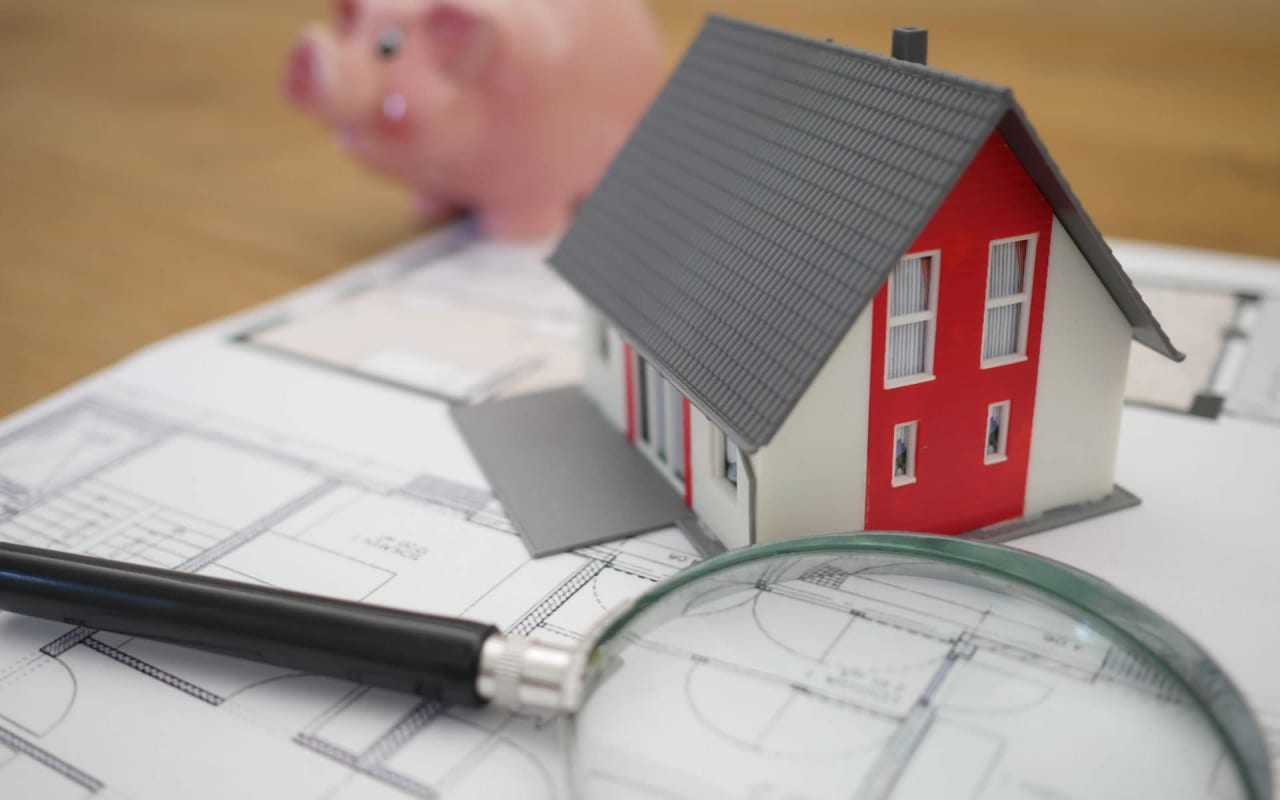Selling a home is a significant milestone that involves various steps to ensure a smooth and successful transaction. One crucial aspect of the selling process is the home inspection, which provides potential buyers with a comprehensive assessment of the property's condition. A thorough home inspection can help sellers identify any issues that may need attention before listing their home on the market, ultimately increasing its appeal and value. In this comprehensive guide, we'll explore everything you need to know about getting your home inspected before selling, from the inspection process to preparing your home for scrutiny.
Understanding the Home Inspection Process
A home inspection is a visual assessment of a property's structural integrity, systems, and components, conducted by a licensed and certified home inspector. The inspector evaluates various aspects of the home, including the foundation, roof, plumbing, electrical systems, HVAC (heating, ventilation, and air conditioning) systems, appliances, and more. The goal of the inspection is to identify any existing or potential issues that may affect the home's safety, functionality, or value.
During the inspection, the home inspector will thoroughly examine each area of the home, both inside and out, using specialized tools and equipment to assess its condition. They will then provide a detailed report outlining their findings, including any deficiencies or areas of concern. This report serves as a valuable resource for both sellers and buyers, helping to inform negotiations and facilitate informed decision-making.
Preparing Your Home for Inspection
Before scheduling a home inspection, it's essential to prepare your home to ensure a smooth and efficient process. Start by addressing any minor repairs or maintenance tasks that may be needed, such as fixing leaky faucets, repairing damaged flooring, or replacing burnt-out light bulbs. Clearing clutter and organizing storage areas can also help the inspector access key areas of the home more easily and provide a more accurate assessment.
Additionally, make sure that all utilities, including water, gas, and electricity, are turned on and accessible for the inspection. This allows the inspector to test various systems and components to ensure they are functioning properly. If your home has any unique features or systems, such as a swimming pool, spa, or solar panels, be sure to provide the inspector with relevant information and documentation to ensure a thorough evaluation.
What to Expect During the Inspection
On the day of the inspection, the home inspector will arrive at the property at the scheduled time and begin the assessment process. Sellers are typically not required to be present during the inspection, although some may choose to be on-site to answer any questions the inspector may have. The inspection process typically takes a few hours to complete, depending on the size and condition of the home.
During the inspection, the home inspector will systematically evaluate each area of the home, starting with the exterior and working their way indoors. They will inspect the roof, exterior walls, windows, doors, foundation, and other structural components for signs of damage or deterioration. Inside the home, the inspector will assess the condition of the plumbing, electrical systems, HVAC systems, appliances, and other features, noting any deficiencies or safety concerns.
Interpreting the Inspection Report
Once the inspection is complete, the home inspector will provide a detailed report outlining their findings, including any issues or deficiencies identified during the assessment. This report typically includes descriptions of the issues found, along with photographs and recommendations for repairs or further evaluation by a qualified professional.
As a seller, it's essential to review the inspection report carefully and consider the implications of the findings. Some issues may be relatively minor and easy to address, while others may require more extensive repairs or remediation. Discuss the report with your real estate agent to determine the best course of action and develop a plan for addressing any identified issues before listing your home on the market.
Negotiating Repairs and Renegotiating the Sale Price
After receiving the inspection report, the buyer may request repairs or concessions based on the findings. As a seller, you have the option to negotiate with the buyer to address any issues identified during the inspection. Depending on the terms of the purchase agreement and local real estate customs, you may be responsible for completing certain repairs before closing or offering a credit to the buyer to cover the cost of repairs.
Alternatively, the buyer may choose to renegotiate the sale price based on the inspection findings, taking into account any necessary repairs or improvements. In some cases, sellers may agree to lower the sale price to reflect the cost of repairs, allowing the buyer to address the issues themselves after closing. Ultimately, the negotiation process will depend on the specific circumstances of the transaction and the preferences of both parties.
Getting your home inspected before selling is an essential step in the selling process that can help ensure a successful transaction. By understanding the inspection process, preparing your home for scrutiny, and carefully reviewing the inspection report, you can address any issues or concerns proactively and increase the appeal and value of your home to potential buyers. Working with a qualified real estate agent can also provide valuable guidance and support throughout the inspection process, helping you navigate negotiations and achieve your selling goals with confidence.
If you are ready to buy or sell your dream piece of Frederick real estate, get in touch with William Weeks. For years he has been expertly serving the Frederick area. Do not hesitate to reach out today.


































